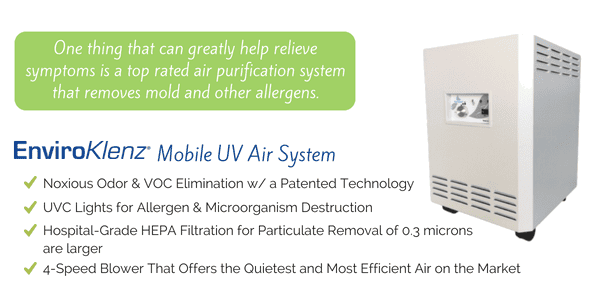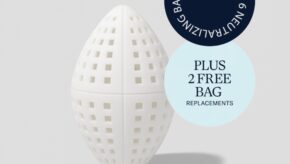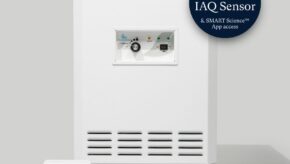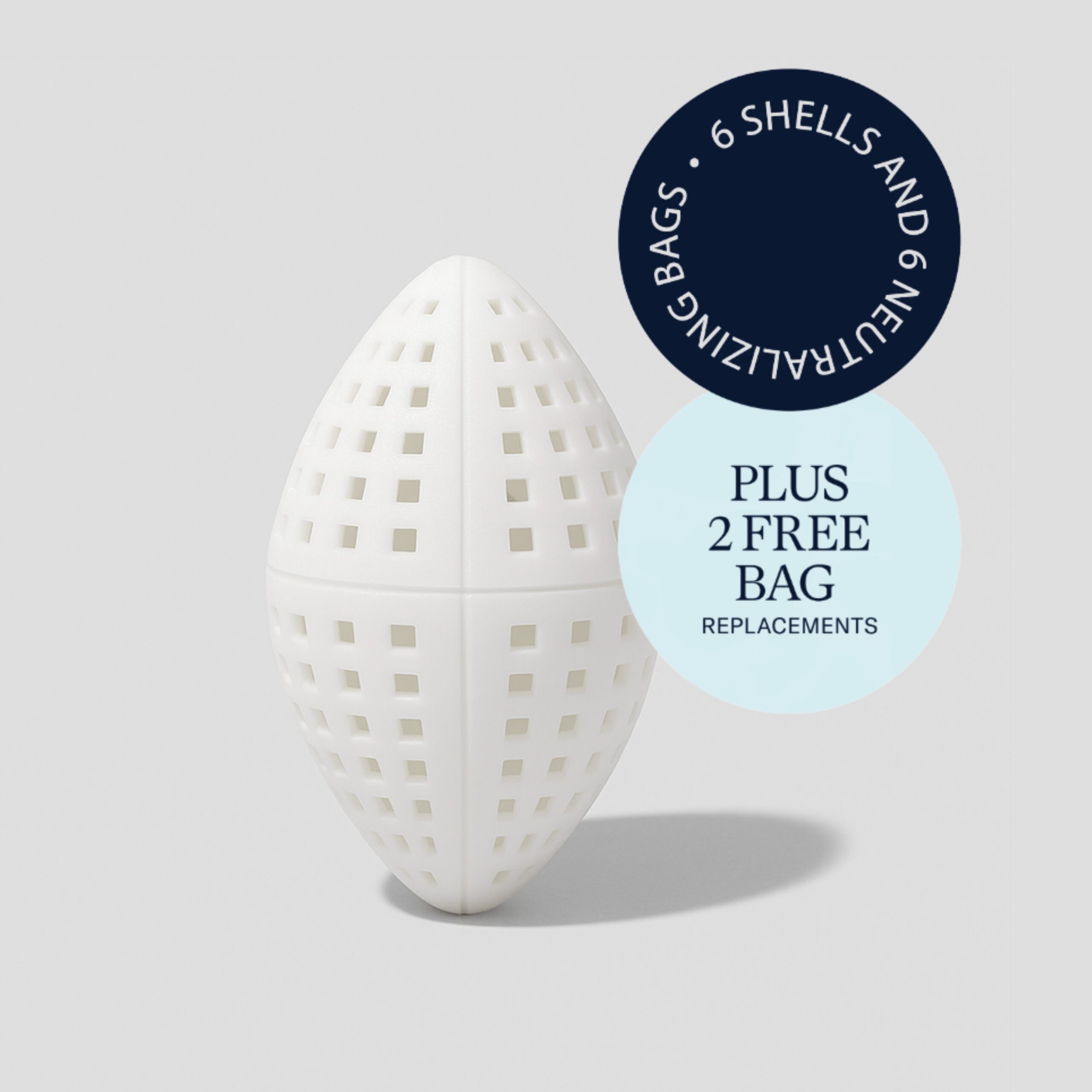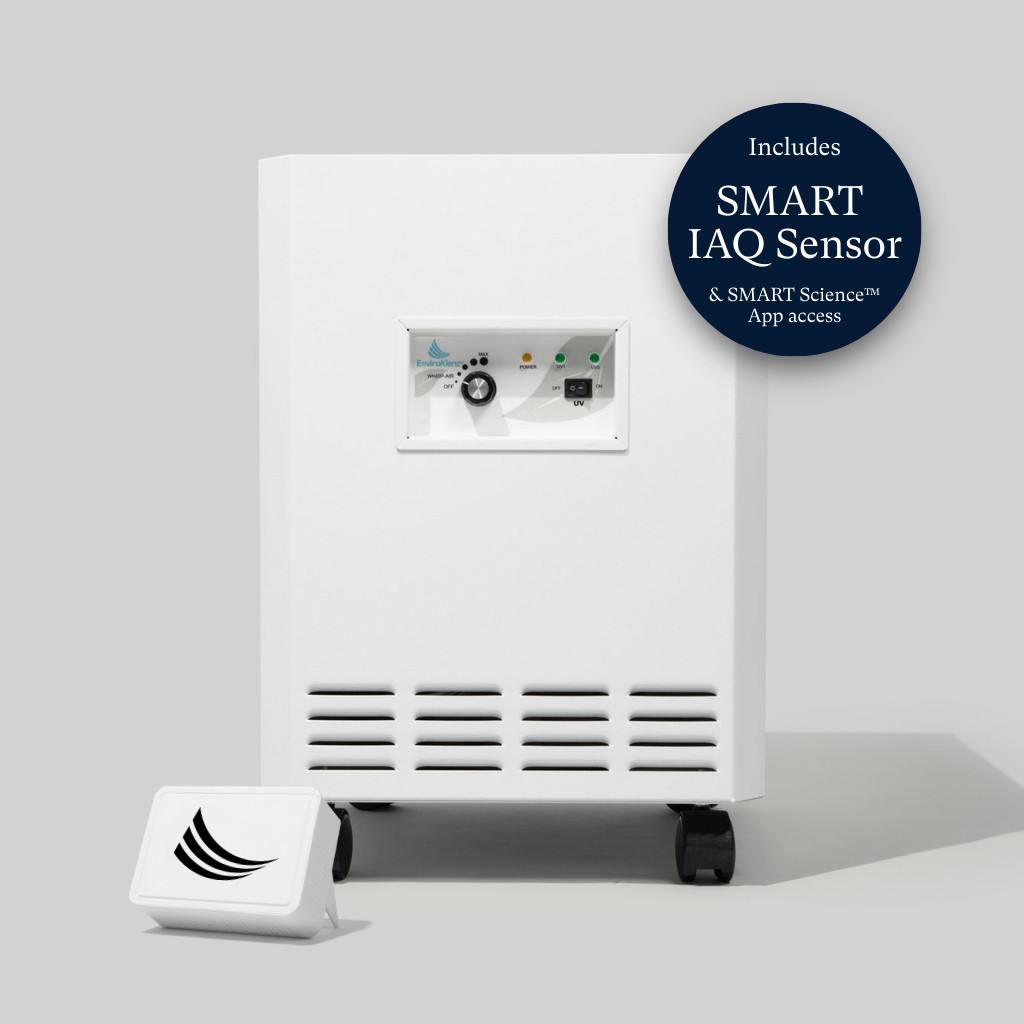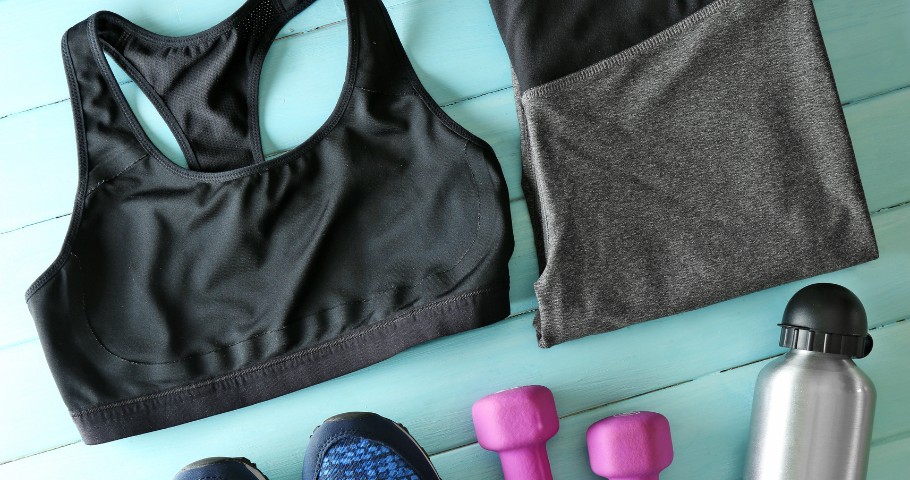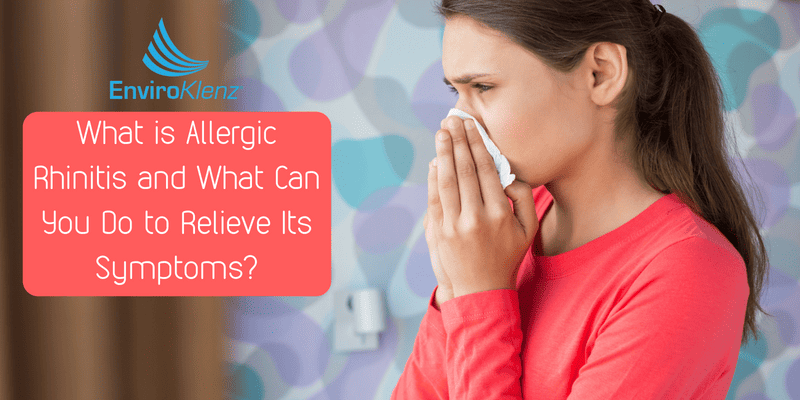 The condition usually develops when the body’s immune system becomes overly sensitized and overreacts to allergies from airborne materials such as molds and pollens that typically cause no problems in most individuals.
The condition usually develops when the body’s immune system becomes overly sensitized and overreacts to allergies from airborne materials such as molds and pollens that typically cause no problems in most individuals.
Usually, hay fever is seasonal and mainly occurs during the spring and fall seasons. However, the symptoms can last all year long if the allergen is present all through the year. This defines the two types of hay fever which include Seasonal hay fever and Perennial hay fever. Seasonal hay fever often occurs in the spring, summer, and early fall seasons when there lots of pollen from grasses, trees, and molds. Perennial hay fever, on the other hand, occurs all through the year and is usually triggered by allergens such as pet hair, dust mites, mold, or cockroaches.
Causes of Hay Fever
Like all allergic reactions, hay fever is caused by foreign materials or allergens that enter the body by inhalation, through swallowing, or through the skin. The condition occurs when the immune system mistakes what is normally a harmless substance for a threat. To counteract the threat, the body produces an antibody known as Immunoglobulin E to counter the new threat and then releases a chemical referred to as Histamine. Histamine is what causes hay fever symptoms.
Common triggers of hay fever include:
-Weed pollen, especially during fall
-Fungi and mold spores, which are most common in warm weather
-Tree pollen in the spring
-Grass pollen especially in the late spring and summer
-Dust Mites
-Pet hair or dander
-Cockroach dust
-Mold
-Laundry detergent
Other triggers that may lead to hay fever symptoms include perfumes, cigarette smoke, and diesel exhaust fumes.
 Risk Factors
Risk Factors
There are various factors that increase a person’s risk of getting hay fever. These factors include:
–Genetic factors: If a close family member has been diagnosed with hay fever or any other allergy, then your risk of getting the condition is higher
–Asthma or other types of allergies: If you have asthma or any other allergy, then you’re likely to get hay fever
–Gender and age: Hay fever is more prevalent in adolescent boys than girls. But after the adolescence stage, girls are more prone to the condition
–Date of birth: Individuals born during the hay fever seasons or rather at a time when there is a lot of pollen, are at a higher risk of developing the condition
–Exposure to second-hand smoke: Excessive exposure to second-hand smoke during a person’s early life increases the risk of developing hay fever
Hay Fever Symptoms
Hay fever symptoms may vary depending on the kind of substance a patient is allergic to. Usually, allergic individuals may have more severe symptoms when exposed to high amounts of allergens like pollen.
Common hay fever symptoms include:
-A runny nose ( clear, watery discharge)
-Congested or stuffy nose due to blockage or congestion
-Sneezing
-Coughing
-Puffy or swollen eyelids
-Itching in the nose, ear canal, eyes, soft palate, and/or skin
-The sensation of plugged ears
-Excessive fatigue
-Having trouble sleeping (insomnia)
-Irritability
Severe symptoms may include:
-Excessive sweating
-Severe headaches
-Facial pain as a result of blocked sinuses
-Loss of taste and smell
-Itchiness and discomfort that spreads from the nose to the ears
Asthmatic individuals may experience excessive wheezing or breathlessness.
Relieving Hay Fever Symptoms
A number of over-the-counter (OTC) medications can help to relieve and manage the symptoms of allergic rhinitis. These medications include:
-Antihistamine tablets or sprays: They help stop the release of histamine to relieve the symptoms of a runny nose, sneezing, and itching
-Nasal corticosteroids: Treat inflammation caused by hay fever
-Eye drops: Effective in reducing itching and swelling in the eyes
-Oral corticosteroids: Help relieve the fever symptoms
-Immunotherapy: Works by desensitizing a person’s immune system to the allergens that cause the hay fever symptoms
Wrapping It Up
While you can’t necessarily prevent hay fever, you can learn to cope with it effectively. It’s important to follow the medications recommended by your doctor. One thing that can greatly help relieve symptoms is a top rated air purification system that removes mold and other allergens. You can also use air conditioning to limit your exposure to allergens. Getting allergy shots especially during the hay fever seasons can also help a great deal.
